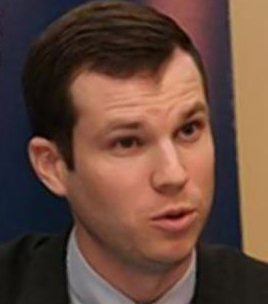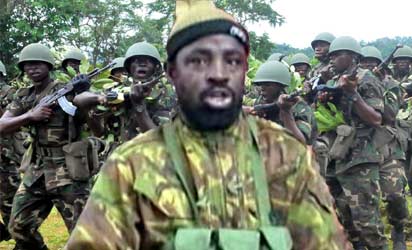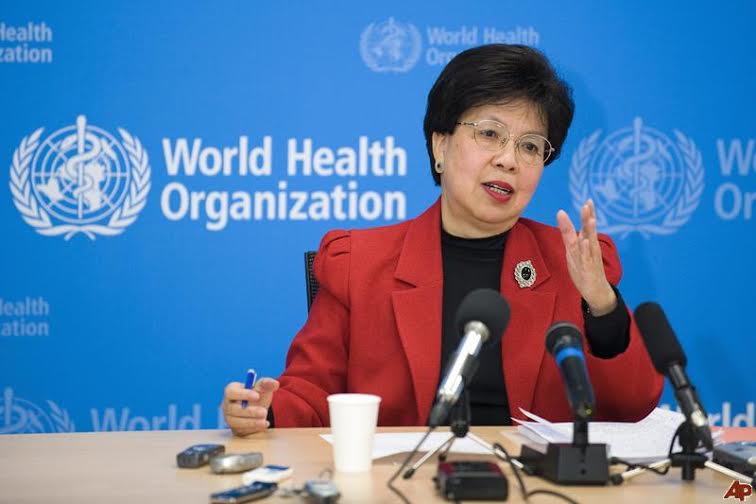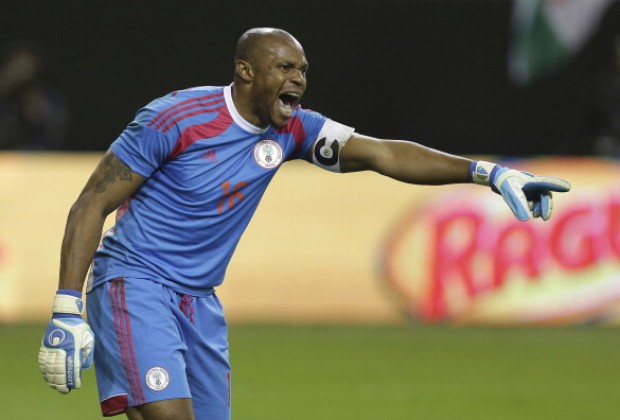Marketing experts were in awe of the billions of pounds in free advertising that Osama bin Laden acquired through videos he released after the September 11 attacks in the United States. Terrorist attacks, like 9/11, 7/7 in London, and the 1972 Munich Olympics, are intended to attract the attention of the target audience with violent acts and images that “shock the conscience.” Once they have your attention, they deliver the message.
The video that the Islamic State (formerly Islamic State in Iraq and Syria, or ISIS) released last night of American journalist Steven Sotloff, coupled with the release of video of James Foley last week, did just that: it shocked the conscience and delivered a message. According to YouGov, 83 per cent of the British population heard about the Foley video, 40 per cent saw a photograph of it, and 25 per cent saw or heard a clip of it. With media across the Atlantic also blasting news of the videos of Mr Sotloff and Mr. Foley’s violent murders, the numbers are likely similar in the U.S. As such, the Islamic State attracted a wide audience in the West.
The video’s message is clear. First, the Islamic State inflated its strength by speaking directly to President Obama and blaming him for Mr Sotloff and Mr. Foley’s deaths.
Second, the jihadists wanted to show that any Westerner, and particularly reporter, who enters Syria or Iraq without their permission will meet the same fate as Mr. Foley (notably, some journalists have been pushing Islamic State propaganda to maintain the “trust” of their valuable jihadist contacts).
Advertisement
Third, the jumpsuits forced on Mr Sotloff and Mr. Foley, which resembled what al-Qaeda in Iraq founder Abu Musa’b al-Zarqawi forced on American Nicholas Berg during his beheading in 2004, was a reminder of the Islamic State’s al-Qaeda pedigree.
Fourth, and finally, the Islamic State knowingly chose a murderer with a British accent to remind British Muslims of where the Islamic State believes their loyalties should stand. They also threatened to behead a British hostage next, which will only amplify coverage to British Muslims.
The Islamic State’s jihad on the Internet and airwaves is having remarkable success in attracting foreign fighters. There are now several thousand European Muslims and nearly 100 American Muslims fighting with the Islamic State in Syria and Iraq. Even majority Muslim countries that take pride in their moderate Islam, such as Kosovo and Kyrgyzstan, have seen dozens of their citizens join the Islamic State and even become leaders.
Advertisement
Indonesia, China, Kazakhstan and Nigeria are other countries grappling with how best to deal with jihadist propaganda and the role of the media in perpetuating it. In Nigeria, for example, three weeks after Boko Haram’s kidnapping of more than 250 Christian schoolgirls, the media time and time again broadcasted the leader’s threats to “sell” the girls as slaves. This enhanced the “marketing value” of the operation and elevated Boko Haram on an international scale, with groups like al-Shabab in Somalia for the first time praising Boko Haram. I wrote for Conservative Home last month highlighting the regional threat posed by the rise of Boko Haram and its supporters in Nigeria and West Africa.
More recently, Channel 4‘s Dispatches purported to show “systematic” war crimes of Nigerian troops, but neglected to say that most clips were of anti-Boko Haram vigilantes. Where ranks were identifiable, only the two stars of a Lieutenant were visible. This suggests the images, even if true and thus unfortunate, were not the acts of an organised division or army. Moreover, like Hamas, there was little context to show how in Boko Haram’s major operations, such as their assaults on Giwa Barracks or Baga, the militants deliberately attack and retreat through civilian compounds to ensure a large number of fatalities will be innocents caught in the crossfire.
The media must be aware that it can be a tool for publicizing the agendas of terrorists groups, even unknowingly. The UK and international media must strengthen internal due diligence and evaluate the impact of reporting Islamic extremist propaganda. In addition, all countries that are victim of terrorism and terrorism-related propaganda, whether in America, Europe, Africa or Asia, need to come together and develop a strategy to counter terrorist propaganda are recruitment on the Internet and in the mainstream media. This will ensure our enemies do not unduly benefit from the various press and other freedoms offered in civilised societies.
*Zenn is an Associate Fellow of the Henry Jackson Society and the Jamestown Foundation. He is author of ‘Exposing and Defeating Boko Haram – why the West must unite to help Nigeria defeat terrorism’ published last month by the Bow Group.
Advertisement
*This article was originally published on www.conservativehome.com
Add a comment






